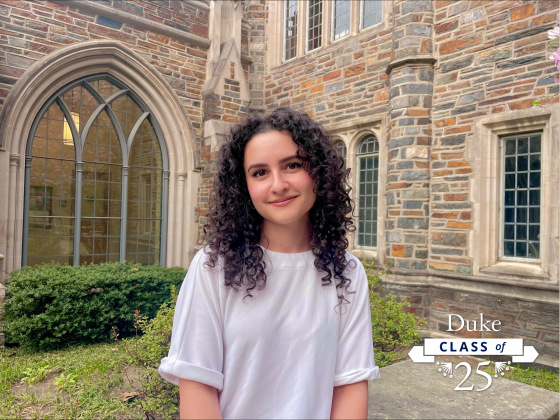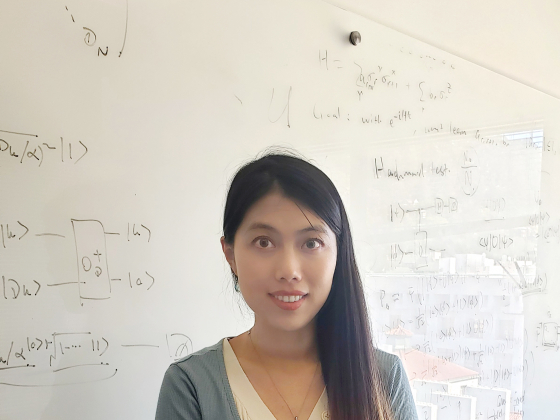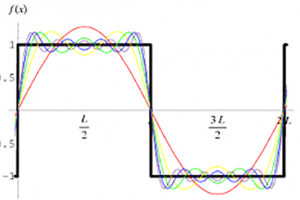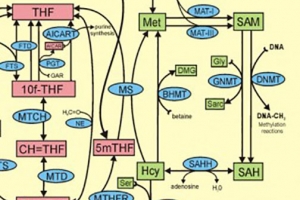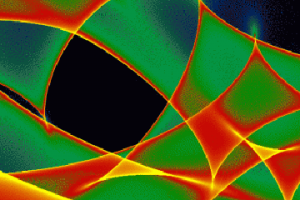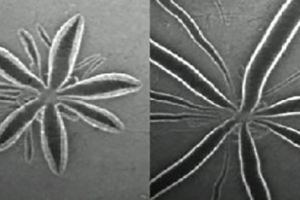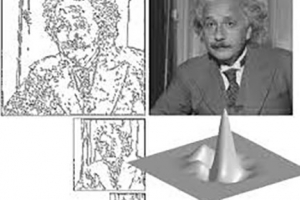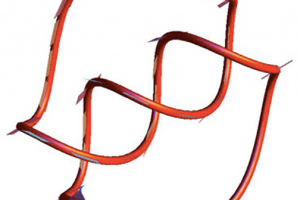About Our Department
With our award-winning faculty, nationally-recognized programs, and challenging but engaging curriculum, Duke's Department of Mathematics prepares students for successful careers – whether that's in a math field, academia, or a different area altogether.
For undergraduates, we offer both a Bachelor of Arts and Bachelor of Science in Mathematics, as well as a minor. At the graduate level, our Ph.D. program has consistently been ranked among the top 20 nationally by U.S. News & World Report.
Our research spans theoretical to applied mathematics. Our faculty conduct more than $3.7 million in research each year for industry, the Department of Defense, the National Science Foundation, and the National Institutes of Health. We're proud to say our faculty includes four National Academy of Science members and two National Academy of Engineering members.
As a department, we are well aware that past and current injustices have prevented far too many people from living up to their mathematical potential. We know that our work as mathematicians cannot be complete unless all are given the genuine opportunity to succeed at mathematics, regardless of race, ethnicity, religion, national origin, gender identity, sexual orientation, or disability. We are committed to maintaining a department culture that is welcoming and nurturing to all.

